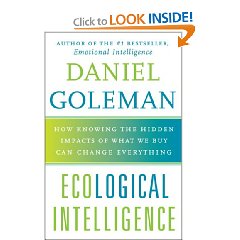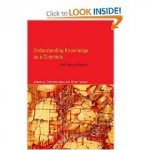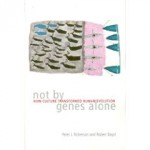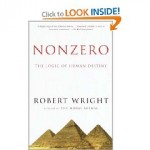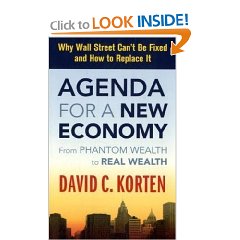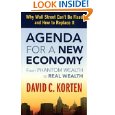
![]() Posthumous Reflections of Extraordinary Value
Posthumous Reflections of Extraordinary Value
“The system has had it.”
“Environmental science–or engineering–is at best a misnomer and at worst a fraud.” This author, like the author of The Real Global Warming Disaster: Is the Obsession with “Climate Change” Turning Out to Be the Most Costly Scientific Blunder in History? anticipate ClimateGate and the International Panel on Climate Change (IPCC) being a totally dishonest organization.
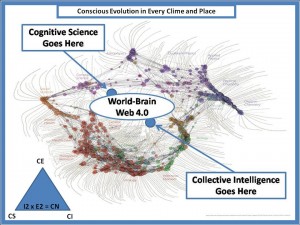
“We need all the brainpower we can get.”
“Any human revolution must be preceded by an intellectual revitalization.”
“Education is an integrated concept. Thus a truly educated person has integrity.”
“The enemy in achieving a global solution is the fragmentation of knowledge. The interdisciplinary dialog is a step toward addressing this fragmentation.”

